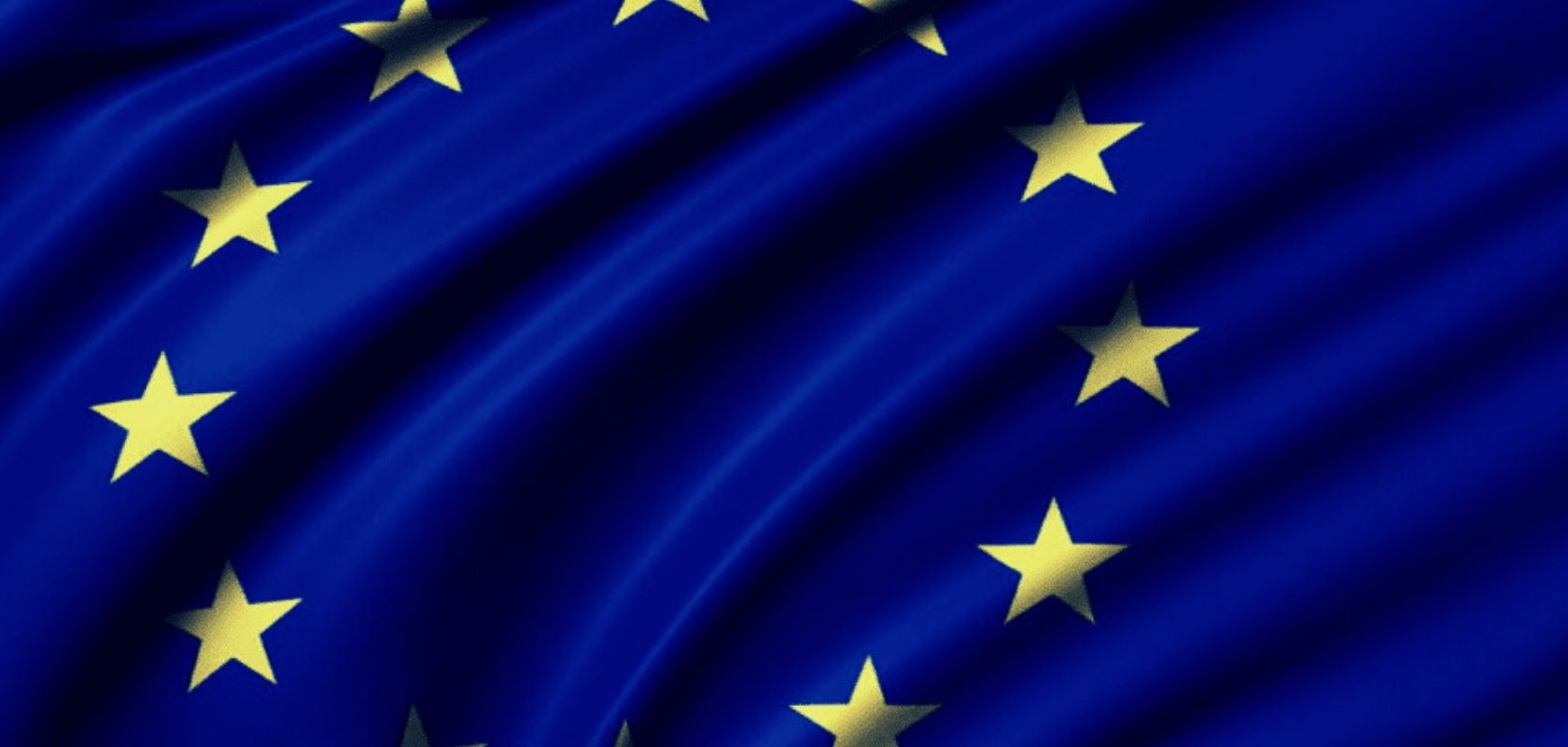The Electronic Frontier Foundation (EFF) says it has discovered that the controversial new European Union (EU) copyright directive, adopted by the European Parliament (EP) last spring – but not yet by all 27 member-states – may be “on a collision course with EU data privacy rules.”
That would be the GDPR, General Data Protection Regulation. (That’s the very same legislative framework that’s said to have inspired – if not improved on by the US state of California when it enacted its new online privacy rules last year.)
But now – what exactly is happening in the old countries? And is the idea behind the GDPR still actually viable – in view of the copyright solution that the EU has in the meantime managed to fast-track through its bureaucratic corridors?
The EFF argues that one of the copyright directive’s two highly controversial provisions – the “content filter” Article 17 – might actually be breaching EU’s own privacy protection rules regulated through the GDPR.
Article 17 of the directive was known at the height of the protests against it last spring as Article 13 – to then be renamed. (Was this rebranding at its finest? – or at its most useless – let marketing history decide on that one.)
Meanwhile, the EFF explains that Article 17 introduces “an automated decision-making system that’s guaranteed to be used, and abused to find and filter out unauthorized copyrighted material.”
On the face of it – nothing particularly wrong with that. If you have copyright to something – why not stop others from using it without your permission?
But in the real world, complex legislation like this directive required multiple levels of compromise, which eventually meant throwing under the bus regular users whose “legitimate posts (can be) erroneously removed or blocked” – in order to accommodate an automated system that is catching and blocking copyright infringement.
And we all know where “algorithmic moderation” all too often ends up – straight in censorship, with no reasonable recourse.
In the EU, the legal compromise, according to the EFF, was focused on “procedural safeguards to counter over-blocking.”
But this seemingly “black-box” censorship design by the EU sits at odds not only with human sensibilities towards hypocrisy – but also with EU’s own previous law, the GDPR.
GDPR’s Article 22, namely, gives users a right “not to be subject to a decision based solely on automated processing, including profiling, which produces legal effects concerning him or her or similarly significantly affects him or her.”
The EFF takes a deep look into the apparent discrepancies – however, the point is that the Directive will not actually come into effect in Europe until all 27 member-states have adopted it.
Some nation-state legislators might even pay attention to the well-argued points like the one presented by the EFF here.












